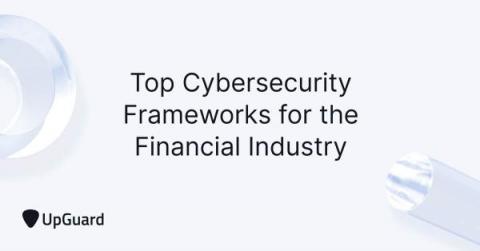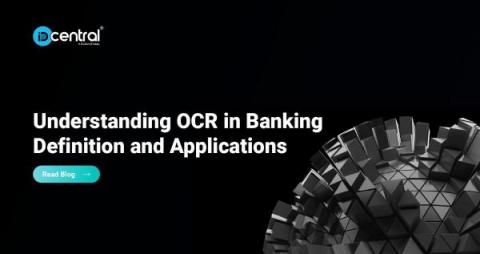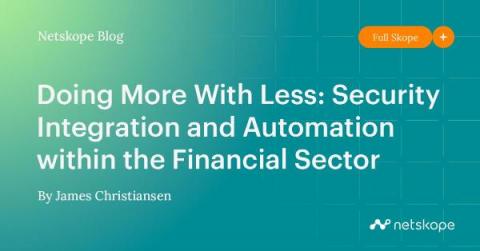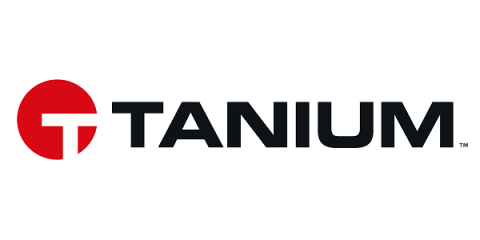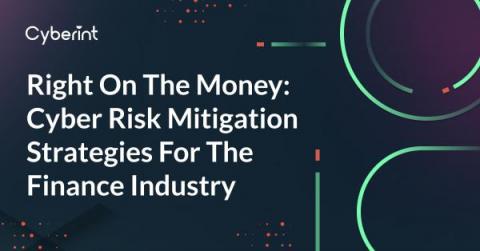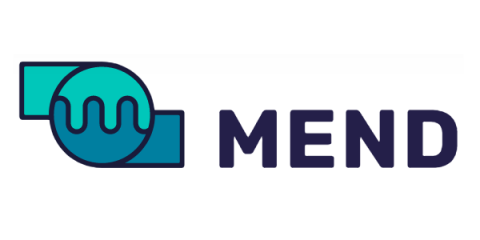Microsoft warns accounting firms of targeted attacks as Tax Day approaches
Accountants are being warned to be on their guard from malicious hackers, as cybercriminals exploit the rush to prepare tax returns for clients before the deadline of US Tax Day. US Tax Day, which falls on Tuesday April 18 this year, is the day on which income tax returns for individuals are due to be submitted to the government. Inevitably it's a busy time for accounting firms and bookkeepers who are feverishly collecting necessary documents from their clients.



